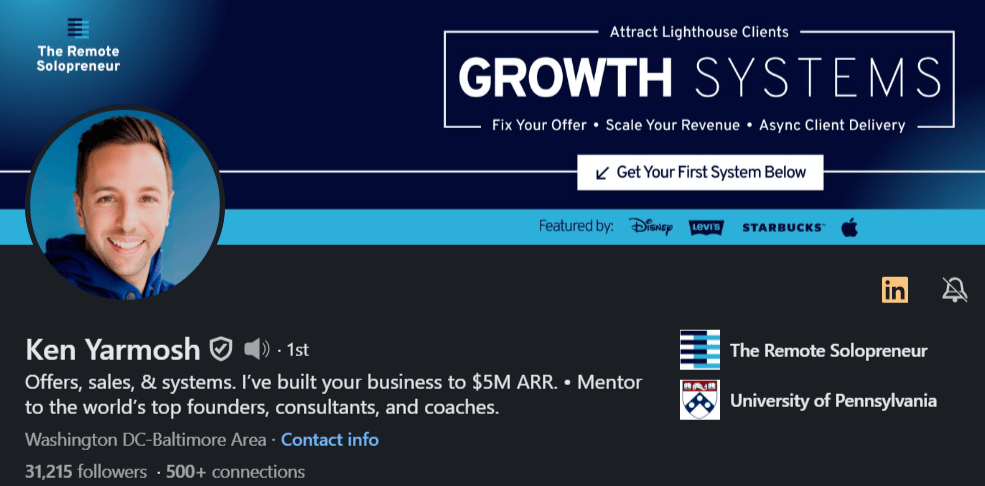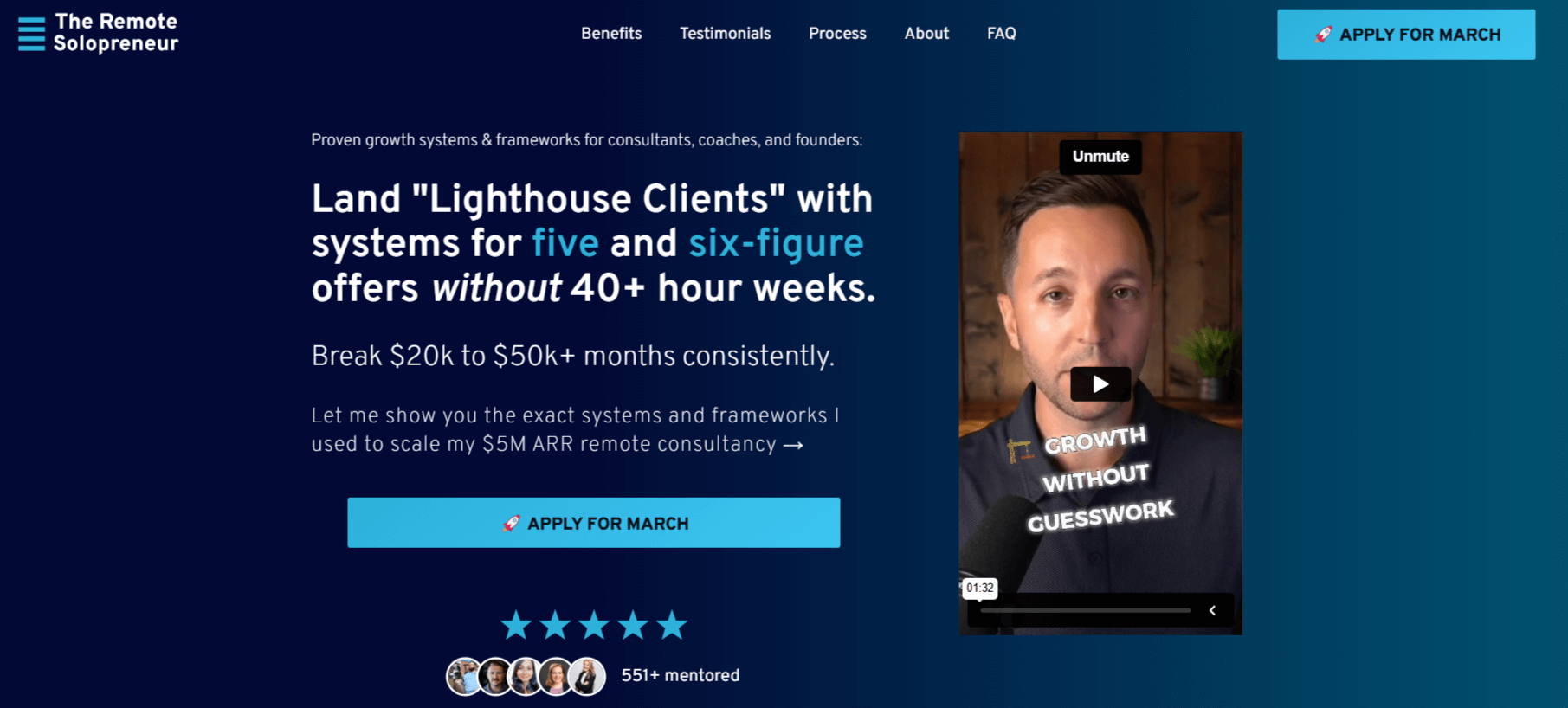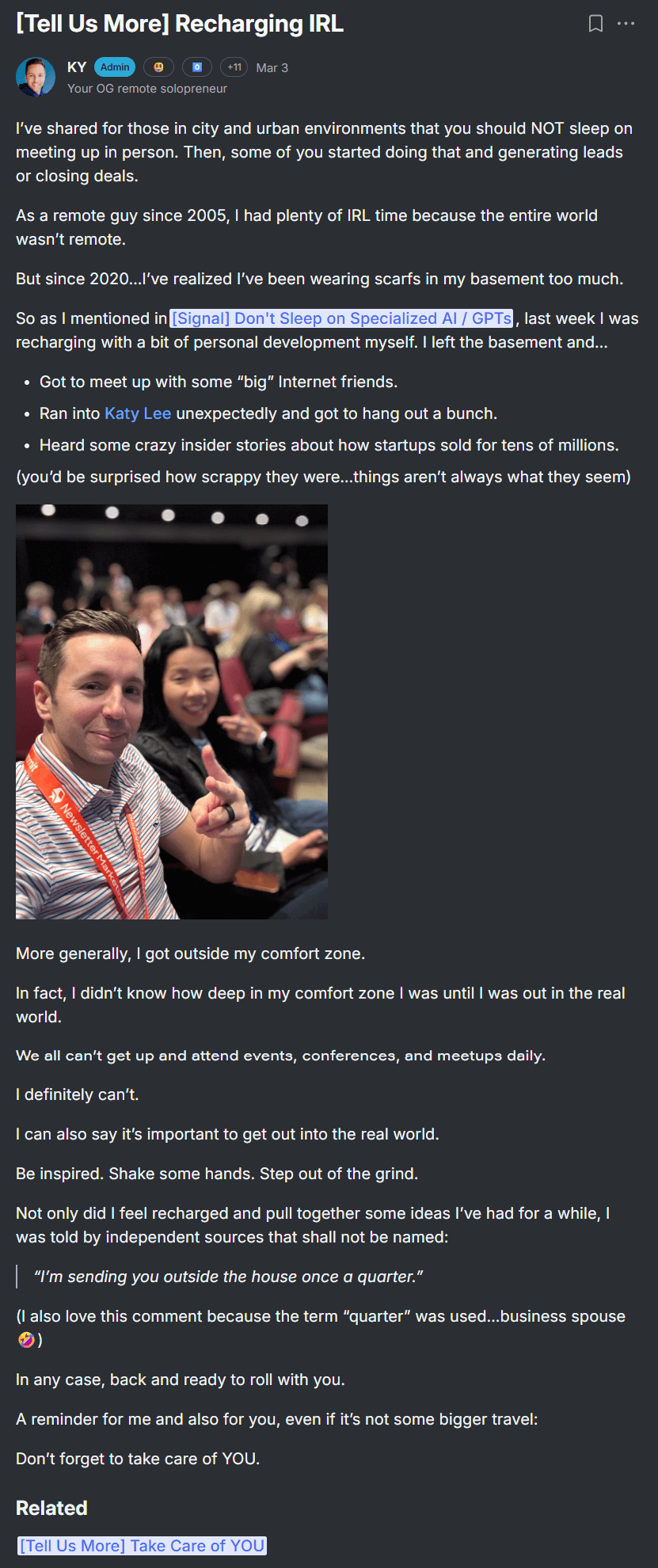🚀 TL;DR
- The most valuable mentors aren’t celebrities or gurus—they’re people still in the arena, solving the kinds of problems you’re working through.
- Mentorship works best when built on genuine curiosity, shared context, and a two-way exchange of ideas.
- Real connections form through contribution and engagement, not by asking for favors or formal titles.
- Relevance matters more than reputation; those who’ve recently faced similar challenges can offer the most practical insight.
- At its core, mentorship is less about finding a teacher and more about cultivating an ongoing conversation between peers and builders.
Everyone tells you to find a mentor, and hopefully someone successful will take you under their wing. They suggest mentor-matching programs, formal arrangements, and guru worship.
I've been building businesses remotely since 2005, scaled multiple seven-figure ventures without teams, and mentored over 551 solopreneurs. The guidance that moved the needle never came from formal mentorship programs or self-proclaimed gurus.
It came from conversations with people actively building—operators a few steps ahead who were still in the trenches.
In this guide, I’ll explain where you can find a business mentor to grow your solo business.
Redefining 'mentor': Why the best guidance doesn't come from gurus
The mentor mythology has damaged more businesses than it's helped.
We've created this fantasy that successful people are waiting to take on proteges and share their secrets. The reality is simpler and more practical. On the other hand, you also have “bunk business coaches” who only know how to sell courses but haven’t built successful businesses themselves.
The most valuable business guidance comes from three types of people:
Active operators
These are people currently building small businesses similar to yours. They're dealing with the same challenges you face, just maybe six months or two years ahead. They remember what it's like to be where you are because they were there recently.
Recent problem solvers
Look for people who just solved the specific problem you're facing. If you're struggling with client acquisition, find someone who figured out their lead generation system in the past year—not someone who built their client base a decade ago.
Peer practitioners
Your fellow solopreneurs often provide the most relevant advice because they understand your constraints. They know what it's like to wear every hat, manage cash flow fluctuations, and make decisions without a team to bounce ideas off.
The traditional mentor model assumes someone with years of success will remember the details of early-stage challenges. But business moves fast. What worked five years ago might be irrelevant today.
Instead of seeking formal mentorship arrangements, focus on building relationships with people who are actively solving problems similar to yours.
Why operators beat gurus every time
Operators give you tactical, specific advice because they're implementing similar strategies right now. They know which tools actually work, which approaches waste time, and what the real bottlenecks are.
Gurus tend to give high-level advice that sounds profound but lacks actionable specifics. They've often moved so far beyond your current challenges that they can no longer recall the granular details that matter most.
The guidance you need already exists in your extended network. You need to know where to look and how to access it.
5 channels to find business mentors for solopreneurs
Forget the mentor-matching platforms and formal programs. Real operators don't spend time on those. They're building businesses, sharing insights, and solving problems in specific places where other builders gather.
1. LinkedIn and X (Twitter), a.k.a. business social
These platforms aren't just for posting updates—they're where serious business operators share real-time insights about what works and what doesn't. The key is engaging with content strategically, not just consuming it.
When someone shares a tactical post about a challenge you're facing, ask a thoughtful follow-up question in the comments. Share your own experience implementing similar strategies. You can even use the search function and find them using terms like:
- Business mentor
- Business coach
- Coaching for freelancers and consultants

2. Your existing network
The best business guidance often comes from people you already know who've pivoted into entrepreneurship or grown their own consulting practices.
That former colleague who left to start a consulting firm. The college friend who built a successful freelance business. The person you met at a conference two years ago who is now running a thriving solopreneur operation.
These connections already trust you, understand your background, and are more likely to give honest feedback about your business ideas and challenges.
Reach out with specific questions rather than general "pick your brain" requests. Instead of "Can I buy you coffee to talk about business?" try "I'm struggling with client acquisition consistency—would you mind sharing how you solved that problem?"
Alternatively, they would also have recommendations for business mentors they’ve worked with in the past.
3. Founder and operator communities
The right communities are force multipliers for finding guidance and accountability. But most communities are too broad or filled with people who aren't actually building.
Look for communities where active operators share real challenges, celebrate genuine wins, and offer tactical advice based on recent experience.
Ideally, it’s a community focused on solopreneurs, service-based businesses, or specific business models that tend to have more relevant discussions.
Smaller communities with engaged members beat large communities with minimal interaction. That’s one of the reasons why I’ve intentionally kept my community (The Remote Solopreneur) small.
In 2023, I left 1,052 comments for my clients to guide them in their businesses. In 2024, I left 1,652 comments.
Many members mention this direct involvement is their favorite part of The Club. If you want to learn more, get in touch:

4. Niche forums and newsletters
Industry-specific forums and operator-run newsletters often contain the most tactical, immediately applicable guidance. You can find them on channels like Kit, Substack, and Beehiiv.
These smaller, focused channels attract people who are deeply engaged in specific business models or markets. The signal-to-noise ratio is typically much higher than broad business platforms.
For example, I run The Remote Solopreneur Briefing to help solopreneurs like you. Every week, I send out a briefing on my philosophy and frameworks on topics like offers, sales, and systems for solopreneurs (you can check it out below):
5. Events and meetups
In-person and virtual events create opportunities for deeper conversations than social media allows.
The most valuable events are typically smaller, focused gatherings rather than large conferences. For example, local solopreneur meetups, industry-specific workshops, and intimate virtual events tend to attract people who are actively building rather than just networking.

At these events, focus on learning about others' businesses rather than pitching your own.
Ask specific questions about challenges they've overcome and systems they've built.
The relationships you build at focused events often become your most valuable business connections because they're based on genuine mutual interest.
Find the right business mentor for your needs
The wrong mentor can set you back months or years. The right guidance accelerates everything you're trying to build. I have dozens of clients who got clarity in hours and days not months and years.
Don't look for a general mentor. Look for someone who's recently solved the specific problem you're facing right now.
If you're struggling with consistent lead generation, find operators who've built reliable prospecting systems in the past year. If you're trying to raise your prices, connect with people who've successfully transitioned to premium positioning.
The more specific your challenge, the more targeted your search should be.
If you need help with offers, sales, or systems, feel free to reach out to me below:

